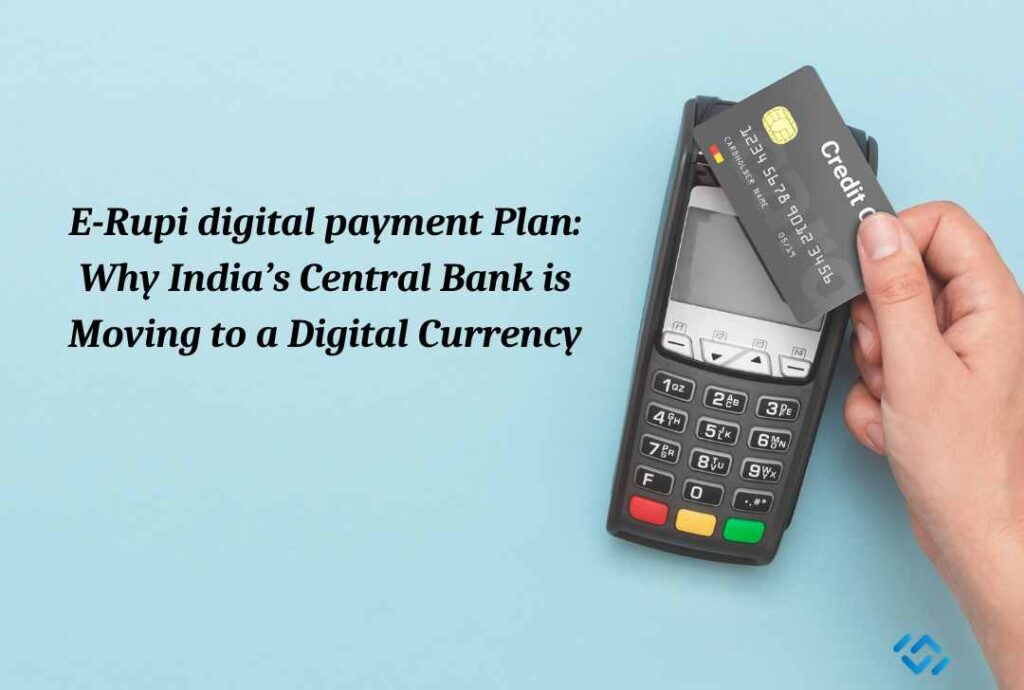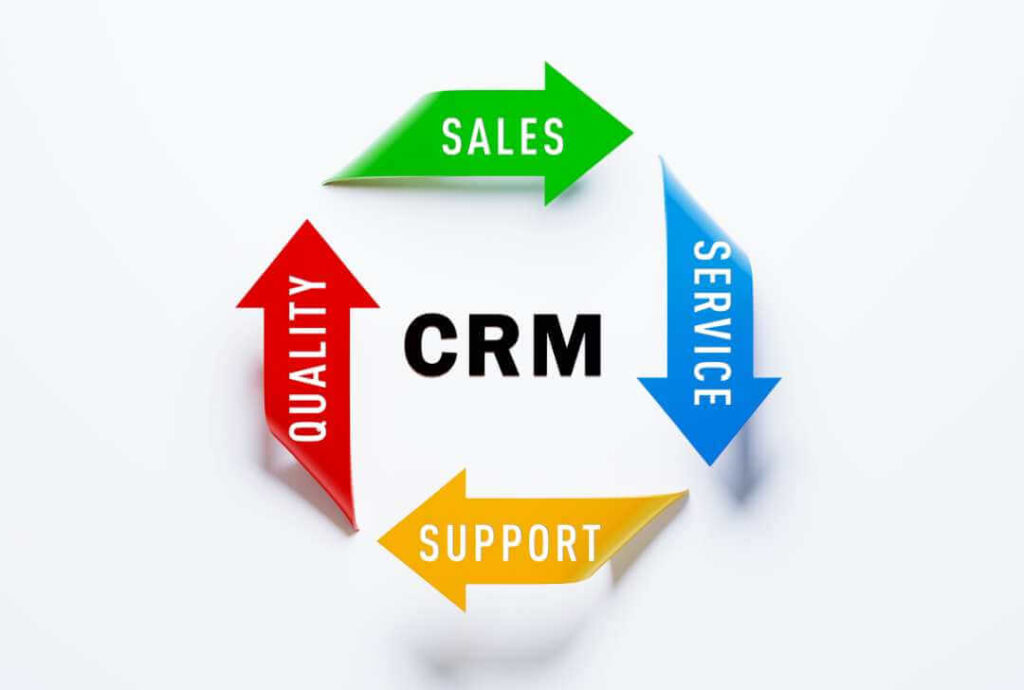
Blockchain technology is a distributed database that is used to record transactions across a peer-to-peer network. The network is made up of nodes, which are computers that constantly verify and record the transactions that take place on the network. The nodes are connected to each other and to the network through the use of a cryptography-based protocol.
A blockchain is a digital ledger of all cryptocurrency transactions. It is constantly growing as “completed” blocks are added to it with a new set of recordings. Each block contains a cryptographic hash of the previous block, a timestamp, and transaction data. Bitcoin nodes use the block chain to differentiate legitimate Bitcoin transactions from attempts to re-spend coins that have already been spent elsewhere.
The business world is beginning to adopt blockchain technology in a variety of ways. For example, blockchain-based smart contracts are being used to streamline supply chain management and reduce the cost of transactions. In the near future, it is likely that blockchain will be used to facilitate a wide range of business transactions, from payments to settlement and clearing.
What are the implications of Blockchain for business?
The implications of blockchain for business are far-reaching and potentially game-changing. For businesses, blockchain could offer a new way to conduct transactions, track assets, and manage data. The technology could also create new opportunities for businesses to interact with customers and partners in new ways. The possibilities are exciting, but businesses will need to carefully consider the implications of blockchain before adopting it.
How does blockchain function in the business world?

Cross-border transactions
- enable safe transfers across an essentially limitless number of bank ledgers
- avoid using financial middlemen who help transfer funds
Personal identity security
- Customers can only provide their permission for businesses to utilize their information
- No single entity could undermine a customer’s identity.
Enhanced recruitment
- The system prevents applicants from creating fake but convincing credentials
- reducing time needed to verify all the documents and hire a candidate
Advertising insights
- to keep track of ad expenditure since it keeps data and
records transactions in real-time
- offer a level of transparency
Smart contracts
- interconnect services across several enterprises without middlemen
- manage lots of transactions, like cross supply chains, without disclosing private information,
Supply chain
- to track the transportation of a product from a factory to a warehouse and finally to a retailer.
Audits
- Blockchain creates a convenient paper trail for internal and regulatory audits.
- It guarantees precision and eliminates the challenge of combining data from various incompatible sources.
Top 5 Blockchain Benefits

The blockchain represents a transfer of dominance from the networks’ centre to their fringes. If you work in any sector, you must be familiar with the benefits of blockchain technology. If your company is already using blockchain or intends to do so in the future, it will be useful to you to learn about the upcoming changes. Most of these advantages are directly connected to fundamental blockchain features. Let’s examine the advantages it offers.
Better Transparency: With increasing the transparency of the system in blockchain, a company may create a fully decentralized network with no requirement for a centralized authority. Peers are responsible for validating transactions. To achieve validation through decentralization, the consensus method is used. Each node stores a copy of the transaction record after it has been verified. The blockchain network manages transparency in this manner.
When a transaction is made, it is broadcasted to all nodes in the network. To validate the transaction, nodes need to process the data through consensus. If a node does not validate the new transaction, it does not receive the next transaction. Nodes that do not validate transactions are removed from the network. Decentralization is achieved in a blockchain network because there is no central authority.
Enhanced Security: Each transaction is encrypted and has a proper link to the old transaction using a hashing method. Each node has a copy of every transaction ever made on the network, which further improves security. Because of this, other nodes will reject any bad actor’s request to write transactions to the network, preventing him from changing the transaction. Because blockchain networks are immutable, data that has been written cannot ever be changed in any way.
The network provides a high level of security against data breaches, data tampering, and data theft because each record is linked to a previous record in the chain. Thanks to the distributed nature of blockchain technology, it is almost impossible to shut down the network because each node has a copy of the entire chain.
True Traceability: The supply chain is more transparent than ever, due to blockchain. Every party can track the products and make sure they aren’t being changed or mishandled along the supply chain process. Through internal implementation, businesses may also get the most out of blockchain traceability. By recording each stage of the process and keeping a record of each product, businesses can keep track of their inventory and order more accurately.
In the event of a recall, businesses can more easily track products and identify those that were affected. Blockchain may also be used to monitor the manufacturing process. By recording the provenance of materials, businesses can prove their ethical sourcing and make sure their supply chain isn’t tainted by forced labour or other malpractice.
Improved Speed and Efficiency: Blockchain eliminates human-based errors by automating processes that are time-consuming and maximizing efficiency. The digital ledger provides a single place to store transactions. Processes are being streamlined and automated, which makes everything quicker and more efficient. The blockchain is updated in real time, so there is no lag time between the collection of data and its entry into the system. This streamlined process can reduce costs and increase accuracy.
Reduced Cost : Organizations can significantly reduce the costs related to third-party providers by embracing blockchain. As there is no centralized player in the blockchain, there are no vendor expenses. Additionally, validating a transaction requires less engagement, which further reduces the requirement for spending money or effort on simple tasks.
Moreover, blockchain offers an immutable and transparent ledger that helps organizations with regulatory compliance. If a third party is used to keep records and data, then there is always a risk that they can be tampered with.
By using blockchain, you are assured that the information is safe and cannot be altered. This enables companies to use cheaper and more trusted third parties for their services. For example, if your company uses a third party for gathering and reporting data, blockchain can significantly reduce the costs.
This technology has the potential to revolutionize the way businesses operate, by providing a secure and tamper-proof way to store data and transactions. Blockchain could also help to reduce costs and increase efficiency by streamlining processes and eliminating the need for intermediaries. This technology is still in its early stages, but it has the potential to change the way businesses operate and create new opportunities for growth in various fields.


